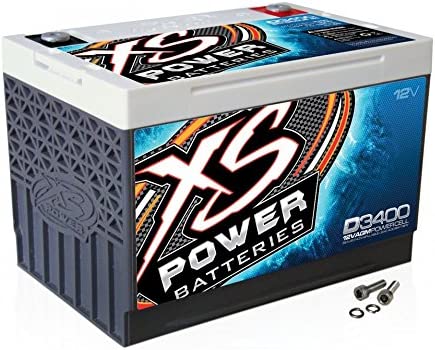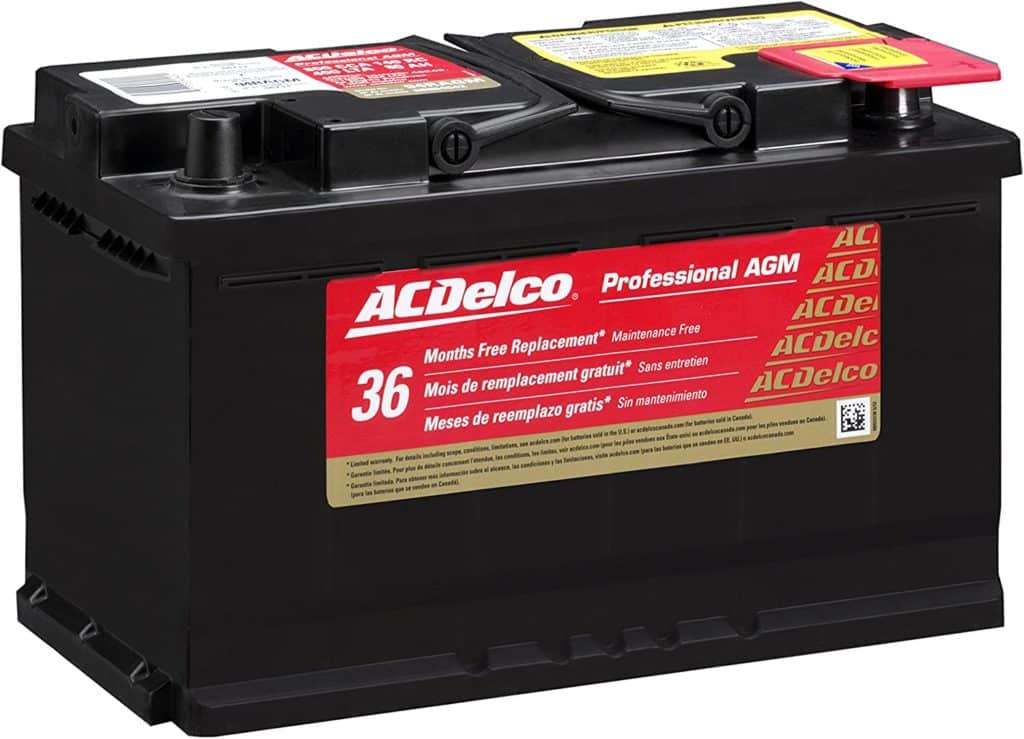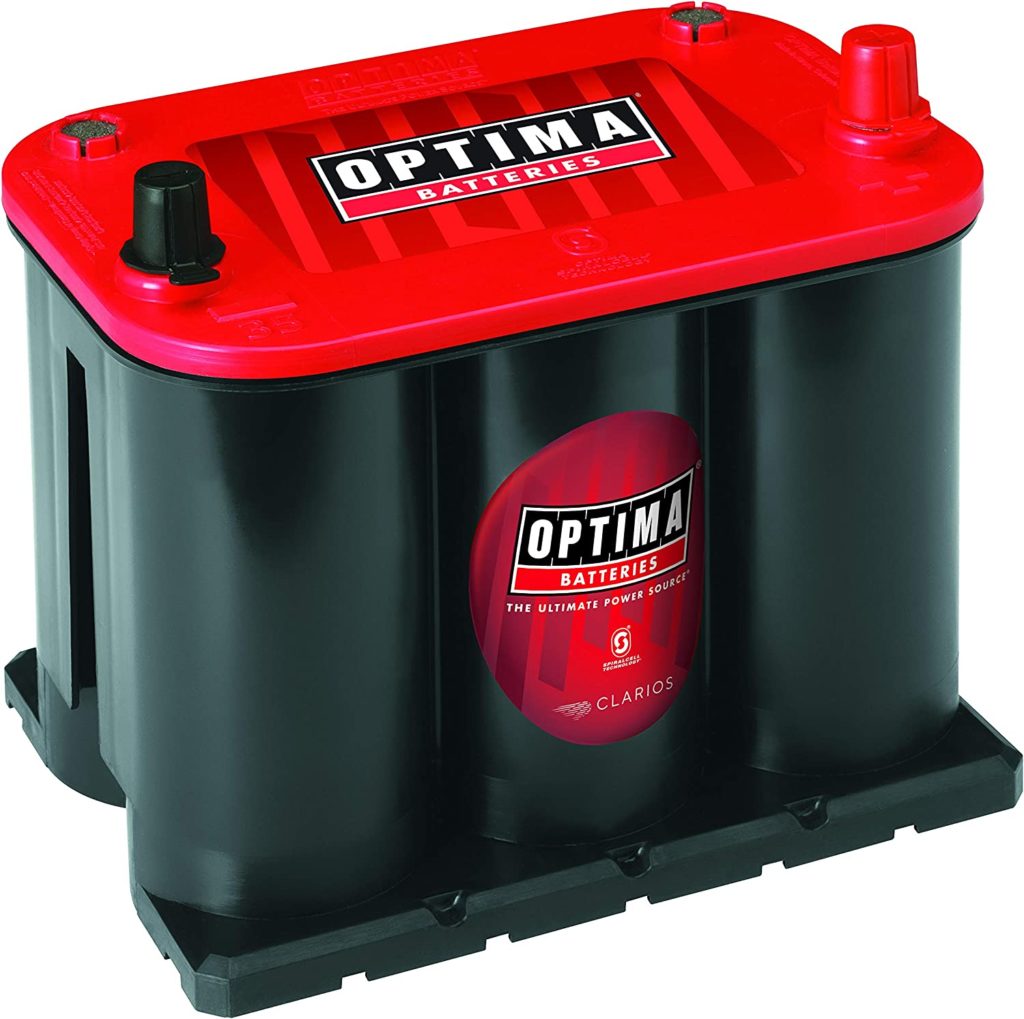How well do you know your reman diesel engine? As summer rolls in, it might be time to upgrade or replace your engine. Whether you’re looking for ways to improve your medium-duty diesel engine or a replacement for work, DFC Diesel offers a wide selection of crate engines and parts to fit your needs. As the newest addition to our remanufactured diesel engines, we are proud to carry Speed of Air crate engine series featuring the Speed of Air Hyperformance pistons. This state-of-the-art technology can save you time and money by extending the life of your diesel engine and increasing your diesel engine’s fuel efficiency. Let’s break down the facts about diesel efficiency and debunk some myths along the way.
Diesel vs. Gasoline: Which Engine Lasts Longer?
While diesel engines may cost more upfront, the long-term value is unmatched. A diesel engine typically runs up to 800,000 km (500,000 mi), compared to around 320,000 km (200,000 mi) for a gasoline engine. Diesel engines are the powerhouse for work trucks, offering you greater load capacities and towing capacity compared to gasoline. But why do they last longer? Three reasons: engine design, fuel properties, and operating RPMs.
Engine Design
Reman diesel engines are designed to withstand a higher compression ratio and cylinder pressure. The powerful nature of the compression chambers and high heat requires high-quality internal parts, meaning that diesel engines house larger and sturdier bolts compatible with larger crankshafts and camshafts. Designed for more stress, this durability translates to better engine lubrication, less wear, and a longer lifespan. For more information on the benefits of your engine, check out our previous blog post to find out which diesel engine design gets the best fuel mileage.
Diesel Fuel Properties
The price difference at the pumps for diesel and gasoline fuel is reflected in their different chemical makeups. Gasoline fuel is an aromatic hydrocarbon, making it harsh and corrosive to your engine over time. Alternatively, diesel fuel is made from crude oil and allows your engine to burn the fuel more slowly than gasoline due to a smaller air-to-fuel ratio. The result? Less frequent maintenance and longer-lasting engine parts.
See Also: How Many Miles Will A Reman Diesel Engine Last?
Lower RPMs, Higher Torque
The power of a diesel engine comes from the higher torque in the engine compared to gasoline. Through requiring less power, there is less wear and tear on each of the engine parts, namely the pistons, rings, cylinder walls, bearings and valves. Regardless of your relationship with your mechanic, fewer trips to the shop for maintenance make diesel engines a more attractive option.
At DFC Diesel, our remanufactured engines are designed to withstand tough working conditions that you may encounter. We partnered with Speed of Air Technologies to test the Hyperformance Pistons and see the results for ourselves. The dimpled effect of the pistons allows for less carbon build-up inside the combustion chamber, giving you more power and a longer-lasting engine.
Why Diesel Engines Are More Fuel Efficient
Diesel engines win when it comes to fuel economy under load. Towing and hauling put gasoline engines under stress—but diesel engines maintain power while burning less fuel.
The fuel efficiency of a diesel engine is a result of the longer strokes of the engine. There is more time for the piston to move away from the heat, lengthening its lifespan and building up the power in the engine. Due to the high heat in the chamber, diesel engines require high-quality parts, and pistons are part of the puzzle as they are designed to withstand countless heat cycles without crumbling. To reduce heat transfer, pistons are coated with a protective thermal barrier coating. In our Speed of Air crate engines, the Speed of Air Hyperformance Pistons resist heat better, reducing wear and carbon buildup.
Why are maintenance and high-quality parts important for a diesel engine?
When you care for your engine, it will care for you by saving you money time and time again. At DFC Diesel, there is no doubt that we love diesel engines and the potential they hold. Built for reliability, durability, and longevity, properly caring for your vehicle and your diesel engine will save you money every year. Regular maintenance and investing in quality parts and service will help save costs for replacement parts and oil changes.
So why do we love our Speed of Air engine series? Each Hyperformance Piston in our crate engines is custom-made and follows a strict quality control procedure to ensure that our customers are receiving industry-standard safety and quality. This is the only piston in the world that pays for itself. Did you know you can save $20,000 to $60,000 when purchasing a Speed of Air engine? We care about providing our customers with the best, and we found in our testing period that our remanufactured engines show:
- Reduced engine maintenance
- Better fuel economy by 20%+ greater efficiency
- Smoother running engines
- Increased power
- Reduced operating costs
- Reduced oil change intervals by 50%
Ready for A Reman Diesel Engine Upgrade?
We offer 0% financing for up to 24 months on all SOA Series engines for our Canadian customers. If you are interested in learning more about our reman diesel engines or diesel engine parts, contact us today for a custom quote for your engine type and order your DFC Diesel SOA series engine. Check out our Speed of Air calculator for your personalized fuel efficiency and maintenance savings!





